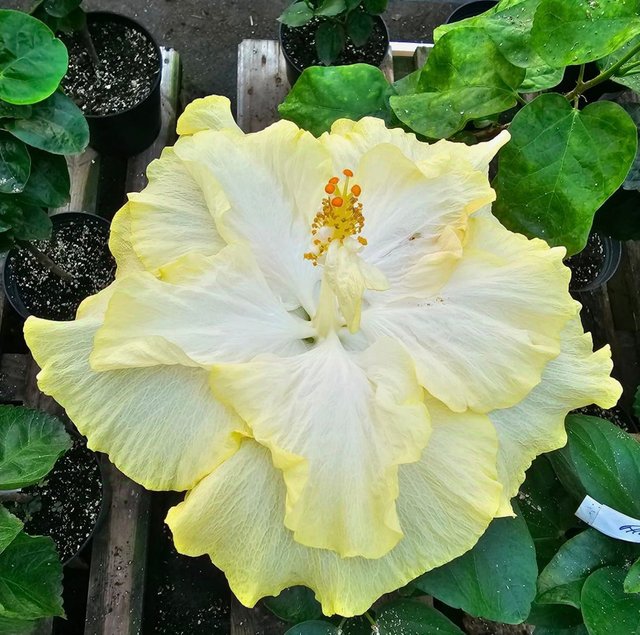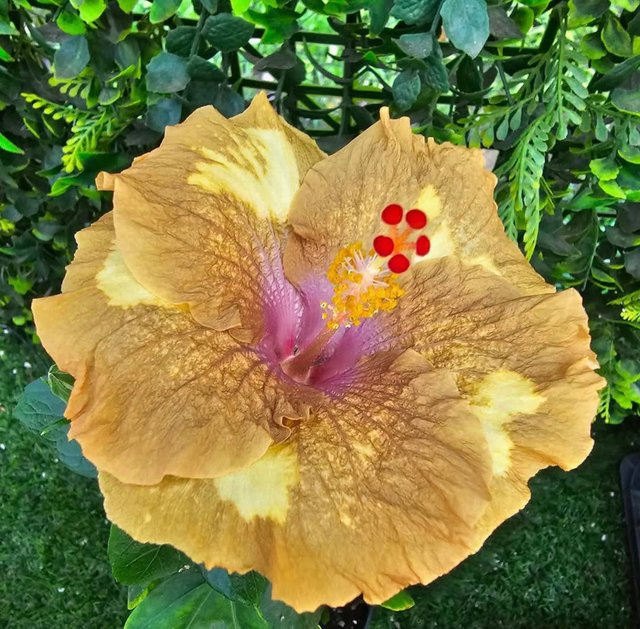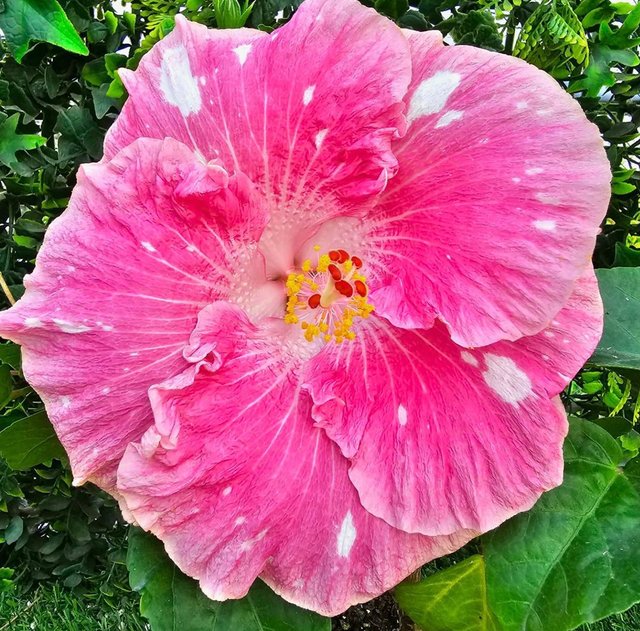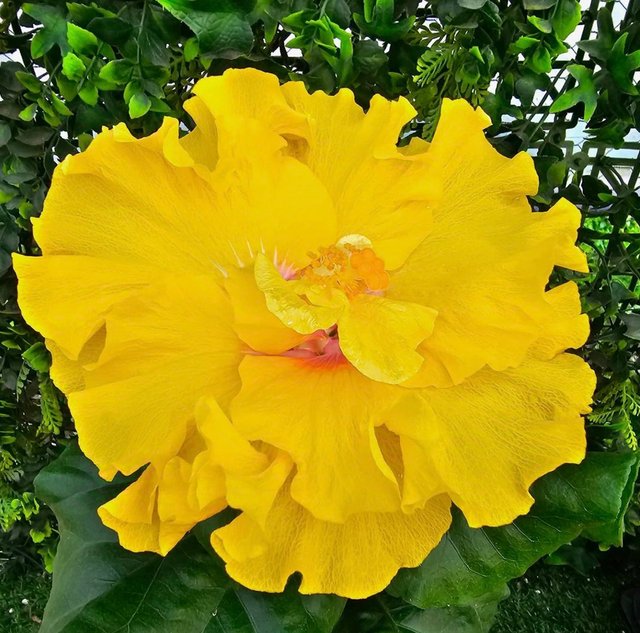The Beauty and Benefits of Hibiscus Flowers
The hibiscus flower, with its vibrant petals and stunning colors, is much more than just a visual delight. Native to tropical and subtropical regions, this iconic bloom has captivated gardeners, herbalists, and artists for centuries.Hibiscus flowers come in a dazzling array of colors, including red, yellow, pink, and white. Their large, trumpet-shaped blooms symbolize beauty, love, and even fame in many cultures. In Hawaiian tradition, the hibiscus is often associated with hospitality and is used to adorn leis. In India, the red hibiscus is sacred to the goddess Kali and often used in religious ceremonies.
Hibiscus isn't just about looks; it’s also packed with health benefits. Hibiscus tea, made from dried hibiscus petals, is rich in antioxidants and vitamin C. This tangy and refreshing drink is known to help:In some cuisines, hibiscus petals are used to flavor jams, syrups, and desserts. The versatility of this flower in the kitchen is matched only by its role in traditional medicine.For those with a green thumb, hibiscus plants are relatively easy to grow. They thrive in warm climates and prefer well-draining soil with plenty of sunlight. Regular watering and occasional pruning keep these plants healthy and blooming year-round in suitable conditions.
From art and fashion to wellness and spirituality, the hibiscus has made its mark. Its bold appearance often inspires designs in clothing, jewelry, and home décor. The flower is also a favorite subject in photography and painting.Whether you're sipping hibiscus tea, planting it in your garden, or simply admiring its beauty, this flower has something for everyone. The hibiscus is a reminder of the vitality and vibrance of the natural world, encouraging us to embrace beauty and health in every aspect of life.



